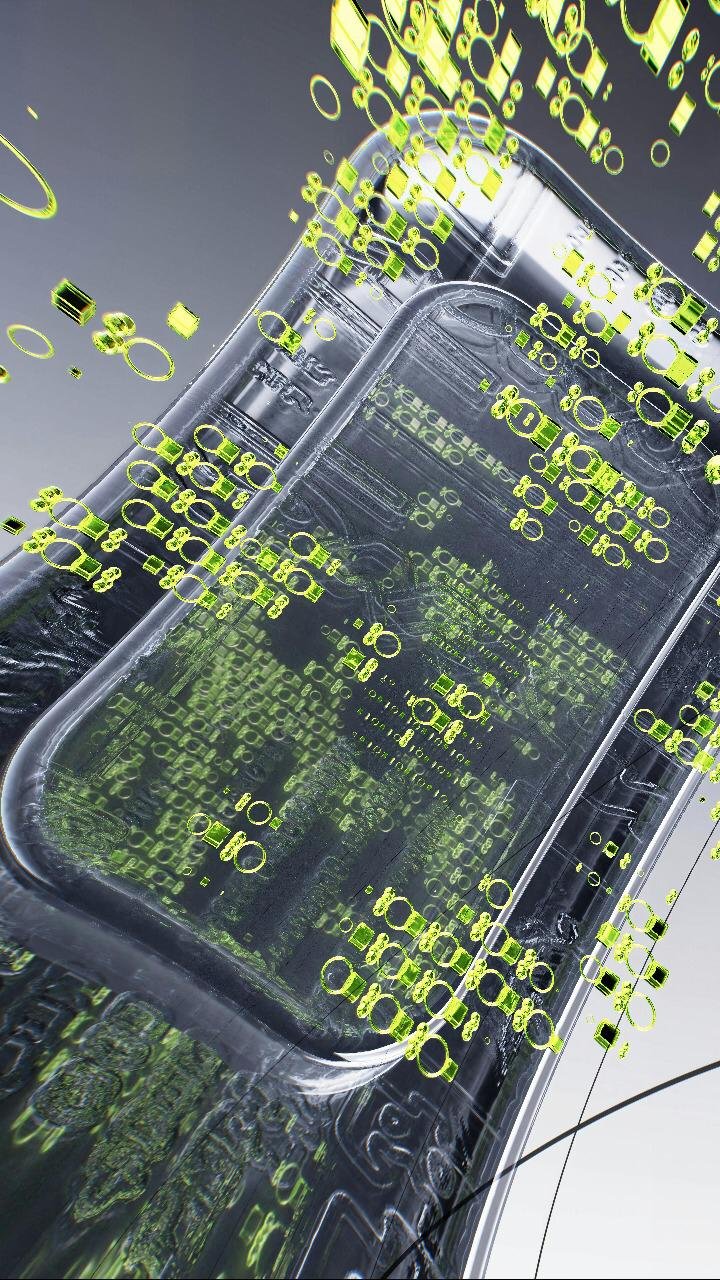
What is a Digital Detox?
A digital detox involves taking a break from screens—smartphones, tablets, TVs, and computers—for a set period. The aim is to clear the mind, reduce stress, and reconnect with yourself and others on a deeper level.
Why is the Digital Detox Trend Growing?
1. Increased Awareness of Screen Time
People are becoming more aware of the harmful effects of too much screen time. Research shows that extended use can cause eye strain, sleep disturbances, and heightened anxiety.Digital Detox
2. Need for Balance in a Busy World
Today’s always-connected lifestyle leads to burnout. A digital detox helps set healthy boundaries, reduce Digital Detox and make room for real-life connections.
3. Mental Health Matters
More people are focusing on mental wellness. By avoiding the constant scrolling and digital noise, you can reduce stress, anxiety, and the pressure to compare your life with others online.
4. Desire for Authentic Relationships
Digital interactions can feel shallow. Taking a break helps foster genuine conversations and strengthens personal bonds.
Benefits of a Digital Detox
Better Focus and Productivity
With fewer distractions, it’s easier to stay focused and get more done.
Improved Sleep Quality
Reducing screen time—especially before bed—can help your body fall asleep more naturally.
Boost in Creativity
A calm, uncluttered mind allows creative ideas to flow. You’ll also have more time for hobbies and interests.
Stronger Relationships
Spending real time with others leads to more meaningful connections and deeper conversations.
Enhanced Mindfulness
Being present becomes easier when you’re not constantly checking a screen.
How to Start Your Own Digital Detox
1. Set Clear Goals
Decide why you want a detox. Whether it’s to reduce stress, sleep better, or reconnect with loved ones—knowing your purpose helps you stay committed.
2. Choose a Timeframe
Start small. Try a few hours, a full day, or even a weekend without screens. Build up gradually if needed.
3. Set Boundaries
Establish tech-free times—like no devices after 8 PM or during meals. Use screen time apps to track your progress.
4. Replace Screen Time with Meaningful Activities
Read a book, go for a walk, try journaling, cook something new, or meet friends in person.
5. Inform Others
Let family and friends know you’re doing a detox. It sets expectations and might even encourage them to join.
6. Reflect on the Experience
After the detox, journal about how you felt. Did your sleep improve? Were you less anxious? This reflection can motivate future detoxes.
Conclusion
In today’s digital age, stepping away from screens is more important than ever. A digital detox doesn’t just help you unplug—it helps you reconnect with what really matters.
By setting clear goals and taking simple steps, you can enjoy improved mental health, deeper relationships, and greater peace of mind. Ready to unplug?

Pingback: Blockchain and Web3 shaping the future – Thinkbloggerr